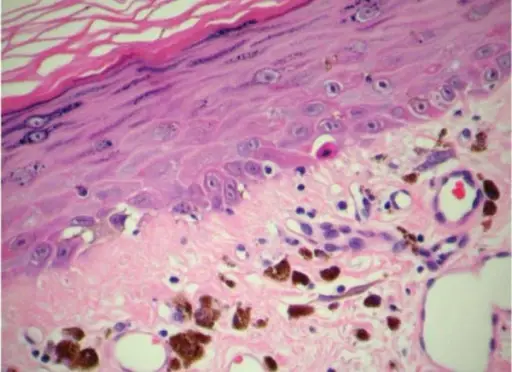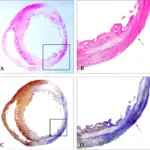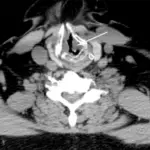This is an immune response in which the transplanted tissue or organ reacts to the host body and rejects it instead of being rejected by the host. The T cell of the transplant identifies and recognizes the host antigens as foreign and start an inflammatory cascade. This results in the attack on the host tissues by the graft. There are two types of the Graft Versus Host Disease which are acute and chronic.
If the reaction occurs within 100 days, it is the acute graft versus host disease. The conditioning of the patient causes the release of inflammatory cytokines which results in the expression of MHC antigens. The donor T cells recognize the host cells as antigens. The activated T cells release the inflammatory cytokines which stimulate the production of inflammatory chemokines, thus recruiting phagocytes into the target cells. If the reaction occurs after 100 days, it is chronic graft versus host disease. The T cells are involved in this disease.



